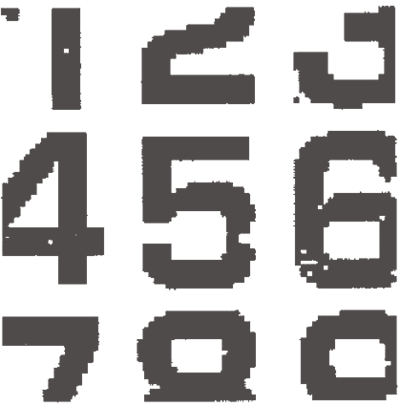What is happening with the Foreign Exchange Law?
The Foreign Exchange Law has remained unchanged for many years. However, foreign exchange permits, though rarely required anymore, as well as reporting obligations, should still be kept in mind. To a large extent, foreign exchange transactions are freely allowed, but this does not mean that they are completely liberalised and not monitored by the National Bank of Poland.

Acquisition of forest land and the powers of the State Treasury
Poland’s Forest Act significantly interferes with trading in forest land. This raises the question of which legal actions causing the transfer of ownership in forest land trigger a right of the State Treasury to acquire the land.

New EU regulation on vertical agreements: Changes to distribution rules
Since 1 June 2022, a new Vertical Block Exemption Regulation from the European Commission has been in force, setting out the rules for application of EU competition principles to cooperation between suppliers and buyers, in particular distribution. Some forms of vertical collaboration that were previously allowed are now banned. Others have been brought under the protection of the block exemption, meaning that they are now allowed. Some changes can be considered revolutionary.

News from Poland—Business & Law, Episode 20: Property regimes for international couples living in Poland
This time Anna Olejniczak-Michalska from the firm’s Private Client practice discusses the topic of property regimes for international couples living in Poland.

News from Poland – Business & Law, Episode 19: New Developers Act
In the newest episode of News from Poland – Business & Law, dr Jakub Baranowski from Wardyński & Partners’ Real Estate practice discusses the major changes in Polish real estate law in 2022 with entry into force of the New Developers Act. It is designed to provide consumers with greater security in acquiring residential properties by greatly expanding the applicability of the statute, adding new security instruments, and modifying the procedure for removing defects.

Will the proposed changes to the Environmental Impact Assessment Act improve the real estate development process?
A proposal to amend the regulations on issuance of project permits was released on 18 May 2022. The proposal is expected to streamline development procedures, primarily for issuing decisions on environmental conditions.

Offshore wind energy and planned amendments to the Maritime Areas Act
Companies’ increased interest in offshore wind energy makes the legal regulations in this area a subject of interest for the parliament, which is trying to upgrade the regulations. The latest changes are intended to ensure safety during construction and operation of offshore wind farms.

The creditor as an injured party in criminal proceedings
It often happens that a creditor in a civil relationship is also harmed by the debtor’s action that may qualify as a crime. In such cases, in addition to pursuing claims through civil proceedings, the creditor can also take action against the debtor in criminal proceedings.

Seizure of debtor’s shares in a company: Is it enough?
Often, debtors’ shares in companies are subject to seizure in security or enforcement proceedings. But the debtor does not lose its status as a shareholder in the company after the shares are seized, and the creditor still remains a third party with respect to the company. Thus the debtor may continue to exercise the corporate rights attached to the seized shares, making it difficult for the creditor to satisfy its rights. So it is worth remembering the possibility of challenging corporate resolutions, and appointing a receiver for shares seized in enforcement or security proceedings.

Coverage required for third-party liability insurance of healthcare providers
According to Polish and EU law, performance of certain services requires civil liability insurance. Such an obligation is imposed on entities performing healthcare activities, for which Polish law has specified the minimum amount of coverage. Can such coverage be exhausted by a medical loss?

When (part of) a consortium wants to go to court
For many years, the consortium has been a familiar form of cooperation between businesses pursuing public contracts. But this construction still raises legal questions, especially when a dispute arises and goes to court. Because this structure is deceptively similar to an ordinary partnership, sometimes it is unclear which members of a consortium may participate in court proceedings. The Supreme Court of Poland examined this issue in its judgment of 30 June 2021 (case no. III CSKP 75/21).

Tales from the National Appeal Chamber: Validity of bid bond vs. bid validity period
As the host of the procedure, in the contract documentation the contracting authority should specify the formal and technical requirements for a bid bond. In some procurement procedures, the contracting authority requires contractors to submit a bid bond with a validity extending beyond the bid validity period. In a recently issued ruling, the National Appeal Chamber opined on whether such provisions of the terms of reference are permissible, or are invalid by virtue of law (case no. KIO 3482/21).
